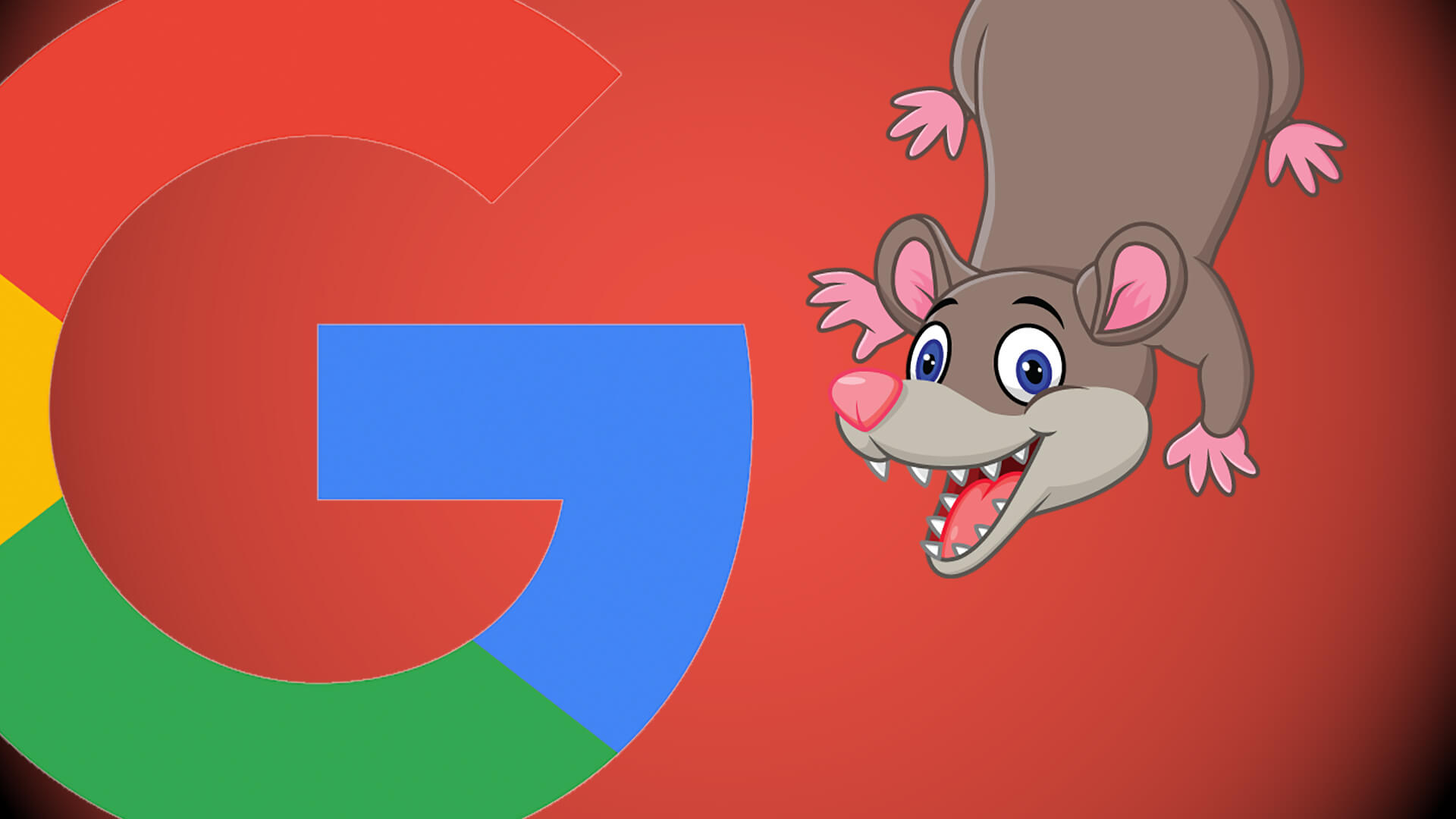Don’t let your business play possum with local search
Columnist Adam Dorfman explains how Google's recent local search algorithm update, "Possum," has impacted brick-and-mortar businesses.

For brick-and-mortar businesses, proximity to the searcher’s location has become even more important as a ranking signal thanks to a Google algorithm update nicknamed Possum. With the Possum algorithm change, Google is continuing down a path it has been traveling for quite some time, which is the merging of local and organic ranking signals.
Google is now applying filters to reward certain businesses that are not only physically closest to searchers but that also are optimizing their location data and content for search far better than anyone else. To understand the impact of Possum crawling into our lives, let’s look at the following scenario:
- Before Possum: Let’s say Jim, a resident of San Mateo, California, requires orthopedic surgery and is doing a search for orthopedic specialists in the area. An area hospital, Hospital A, that publishes location pages for dozens of orthopedic surgeons might dominate the local pack results — not necessarily because Hospital A optimizes its content better than anyone else, but because it is the largest hospital in the area and has enough domain strength to make those pages relevant from an algorithmic standpoint.
- After Possum: Jim conducts the same search for orthopedic specialists. Instead of a single hospital dominating search results, Google allocates more real estate to other hospitals nearby based on their location and the usual ranking signals — unless Hospital A’s content and data are so well optimized for search that they outperform other hospitals by a wide margin.
What Google is doing here is not new to search. For some time, Google has been making it harder for monster brands such as Amazon to dominate search results for product searches simply because of their size and prominence.
The Amazons and Walmarts of the world no longer dominate the top search results like they once did unless their search signals outperform competitors’ content by a wide margin. With Possum, Google is applying to local search a similar filter it has been using for organic search more generally.
Greater competition with your neighbors
Possum also affects local results in a more arcane, but important, way. As Joy Hawkins discussed in a recent Search Engine Land column, the algorithm is affecting search results for similar businesses that are clustered closely together, examples being:
- Two or more retailers, such as mattress stores or restaurants, located across the street from each other or in the same strip mall.
- Professionals, such as attorneys, insurance agents or accountants, who might share the same office space.
Before Possum, an unbranded search for, say, Greek restaurants in Chicago might yield the names of several Greek dining establishments clustered closely together in Chicago’s Greektown area. Such a result would make perfect sense if the person doing the search were located a block away from Greektown, which is located on the city’s near west side.
But what if the searcher were located in the north or south suburbs and wanted to find Greek restaurants in Chicago? Getting the names of a bunch of Greektown restaurants might not be a very good user experience if the searcher wanted to find locations closer to their physical location.
Possum has made it less likely that similar businesses clustered together will dominate location-based searches unless, as noted, the searcher is conducting the search close to the actual location of those businesses.
One implication of this, as local search expert Andrew Shotland uncovered, is that national to local brands may see positive shifts in rankings due to brand authority being turned up as a signal in the ranking algorithm.
Possum has a number of other implications for businesses, as Hawkins details in her article. But for brick-and-mortar businesses that rely on local foot traffic, the impacts I have described are especially important. As Hawkins wrote, “The physical location of the searcher is more important than it was before.”
How to beat the competition
If you are a business that operates brick-and-mortar locations, you should first check to see if your rankings for local search have been affected. You might not have been affected — or you might be seeing better results, not necessarily a drop in rankings.
Regardless of whether you’ve been affected, now is the time to get more rigorous about how you manage your data and content as assets to make your brand more visible where people conduct near-me searches. Ask questions like:
- Is my data accurate and shared properly with the publishers and aggregators that distribute my data?
- Are my data and content differentiated to make my brand stand out? Am I listing data attributes, such as the availability of free parking, which might differentiate me when near-me searches occur? Is my deep content, such as long-form description of my business, or visual imagery, optimized properly for search?
Now, more than ever, it’s time to boost your signal for local search to be found. Don’t let your business play possum with local search.
Contributing authors are invited to create content for Search Engine Land and are chosen for their expertise and contribution to the search community. Our contributors work under the oversight of the editorial staff and contributions are checked for quality and relevance to our readers. The opinions they express are their own.
Related stories